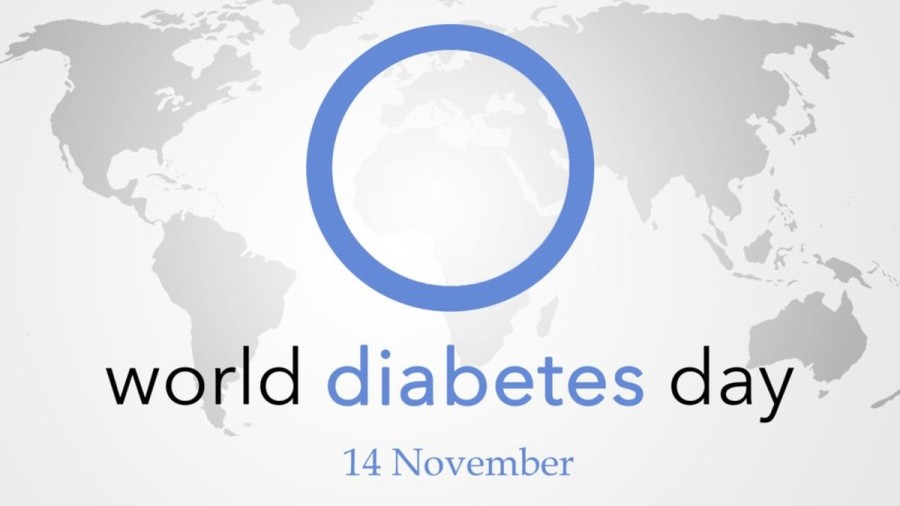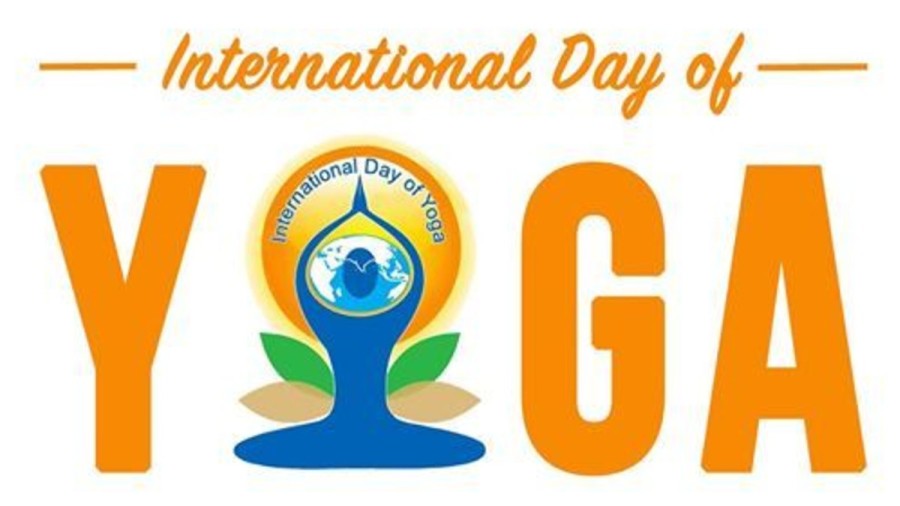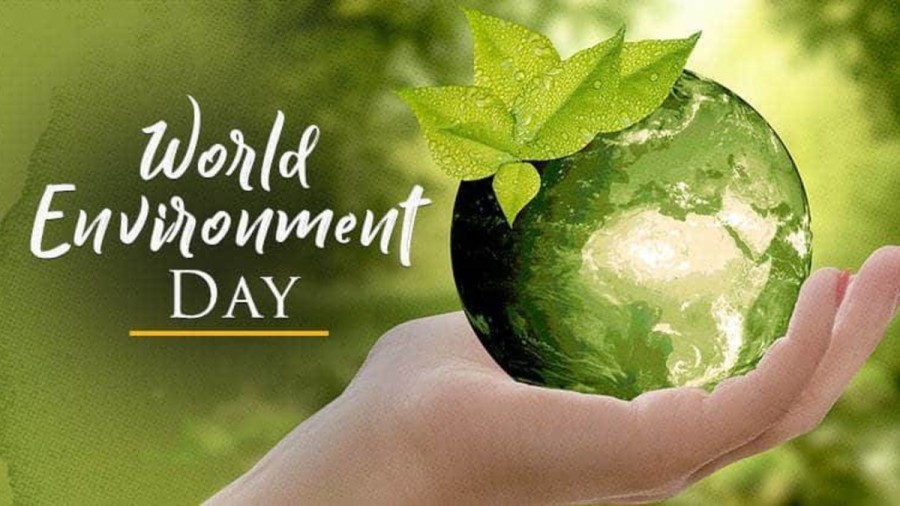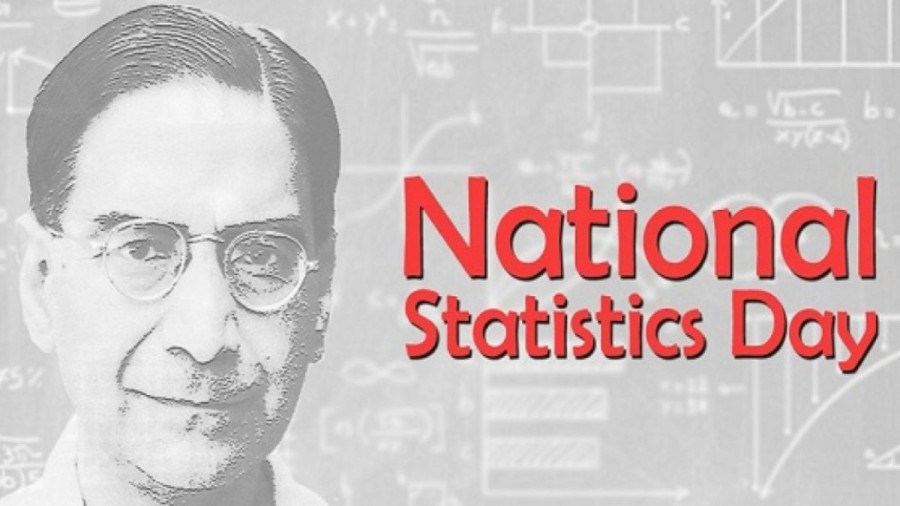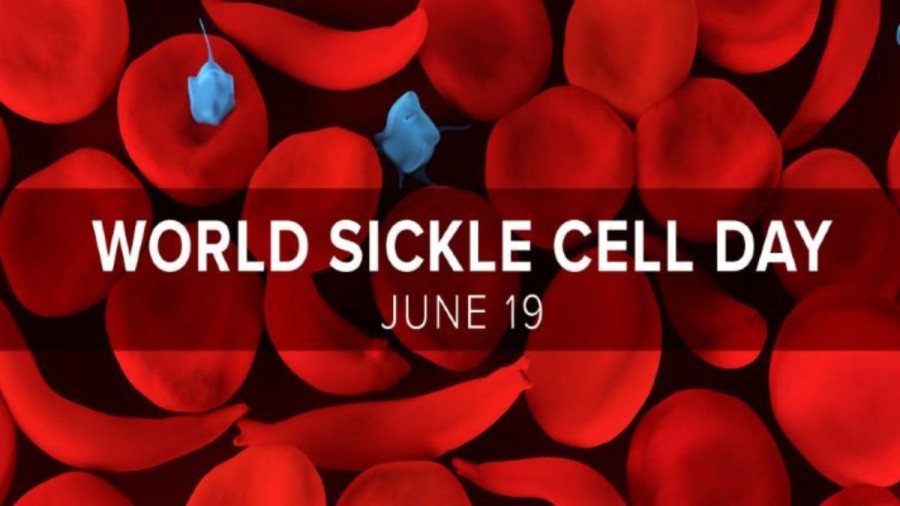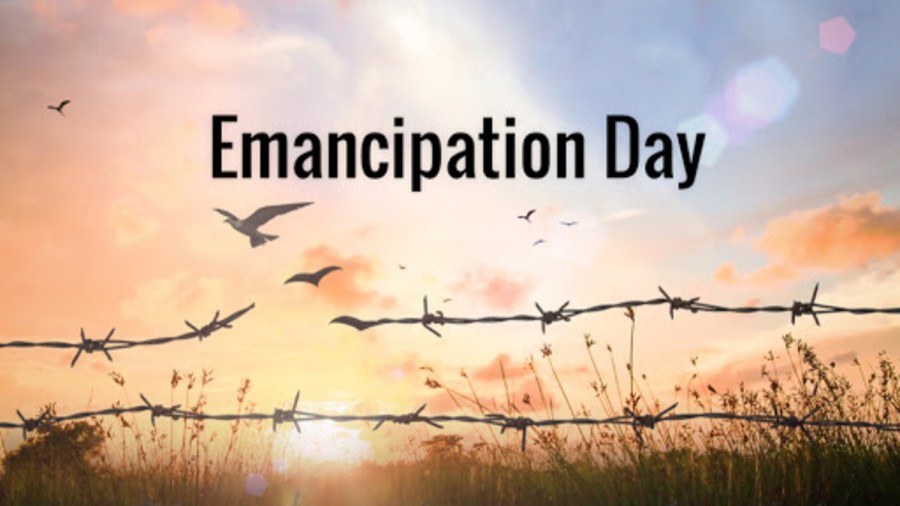World Blood Donor Day 2020: Know Significance, Purpose of Blood Donation, World Blood Donor Day theme, Important dates
World Blood Donor Day 2020: World Blood Donor Day 2020 is globally observed as on June 14 to raise awareness of the need for safe blood and blood products and to thank blood donors for their life-saving gifts of blood. Read the article for information on blood transfusion, 2020 WHO campaign, theme, history, and purpose of World Blood Donor Day 2020.
Updated: Jun 09, 2020 17:46 IST
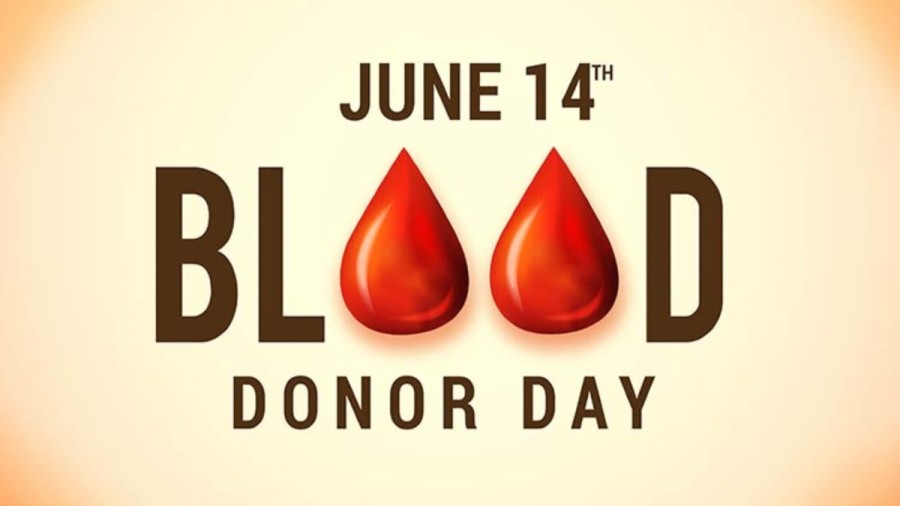
World Blood Donor Day 2020:
The World Blood Donor Day is celebrated every year on June 14 to underline the importance of regular blood donation, and to express gratitude to blood donors for their gifts that help to save numerous lives every day. Due to the current pandemic that has disabled large scale social interaction, WHO has decided to run a virtual campaign this year. This article will help to understand the need for blood donation, what is meant by blood transfusion, and how you can make the day more meaningful for your community.
What is the purpose of blood donation?
A reliable supply of safe blood is an indispensable part of an efficient healthcare system. Safe blood saves millions of lives every year. A good supply of blood and blood products can only be ensured by a system of regular blood donation as donated blood can only be stored for a limited period of time. Other than having a feeling of having ‘given back’ to society, regular blood donation can help achieve the goals of reducing the risk of HIV/AIDS, improving mortality rate due to effective medical intervention, and making the health infrastructure more reliable. Recently, it was understood that donation of plasma, a blood component, by people who have recovered from COVID-19 and introducing it to a current patient could help their body’s fight the virus better. Therefore it is good to develop a permanent donation habit as it will help to save the lives of people suffering from disease or injury.
Blood Transfusion
A blood transfusion is a method of replenishing the body’s level of blood after it has been lost through illness or injury. If the body is missing one or more components of healthy blood, including white and red blood cells, plasma and platelets, transfusion of components can help to sustain a healthy range. A person is transfused with blood that matches their blood type (A, B, AB, or O). If not, antibodies in their blood will attack the transfused material and cause problems. People with type O blood are called ‘universal donors’ as they can safely give blood to almost anyone. Persons with AB blood type, can receive any type of blood and are called
universal recipients. If you have Rh-negative blood, you can only receive Rh-negative blood.
What is Blood Donor Day celebrating?
The World Blood Donor Day celebrates voluntary, unpaid blood donors for their life-saving donations and aims to widely sensitize the need for regular blood donation to ensure quality, safety, and availability of blood and blood products for patients in need. Around 112.5 million units of donated blood are collected globally every year but many patients requiring transfusion do not have timely access to safe blood and blood products. It is an integral part of universal health coverage and a key component of effective health systems.
WHO 2020 Campaign
The World Health Organisation (WHO) celebrates this day in 2020 with the campaign theme ‘Safe blood saves lives’ with the slogan “Give blood and make the world a healthier place”. Although the medical requirement for blood is universal, the accessibility to it varies greatly across countries due to a lack of public participation in blood donation activities. This puts at risk many patients including:
women with pregnancy and childbirth associated bleeding
children with severe anaemia due to malaria and malnutrition
patients with blood and bone marrow disorders inherited disorders of haemoglobin and immune deficiency conditions
people with traumatic injuries in emergencies, disasters, and accidents
patients undergoing advanced medical and surgical procedures
Additionally, a wide gamut of serious diseases can spread through blood, including malaria, syphilis, and brucellosis, and most notably Hepatitis B (HBV), Hepatitis C (HCV), and the Human Immunodeficiency Virus (HIV). This is why medical centres accept blood only from screened, healthy donors.
What are the measures taken to promote blood donation?
India instituted the National Blood Transfusion Council in 1996 with the objectives to promote voluntary blood donation, ensure safe blood transfusion, provide infrastructure to blood centres, develop human resources and formulate and implement the Blood Policy.eRaktKosh was introduced as an initiative to connect, digitize and streamline the workflow of blood banks across the nation. Details about blood availability, nearby blood banks, camp schedule, and registration for blood donation can be found on a single platform at eraktkosh.in.
How to observe World Blood Donor Day?
Everyone can observe the spirit of this day by committing to become a regular blood donor and encouraging family and friends to do the same. It is necessary to find out your blood type and register as a blood donor with the nearby medical centre, or by participating in donation drives. Volunteering to help organize drives in your localities and disseminating information to educate others about the importance of blood donation are also other ways to get involved.
Can I donate blood?
All healthy individuals are encouraged to donate blood regularly to ensure the availability of safe blood and blood products, especially in critical situations. However, there are some conditions that can deem ineligible for being a blood donor. Following are some requirements that have to be met for donating blood:
You must be between 18-65 years of age
You must weigh at least 50 kg
You must be in good health at the time you donate. You cannot donate if you have a cold, flu, sore throat, cold sore, stomach bug or any other infection.
If you have recently had a tattoo or body piercing you cannot donate for 6 months from the date of the procedure. If the body piercing was performed by a registered health professional and any inflammation has settled completely, you can donate blood after 12 hours.
If you have visited the dentist for a minor procedure you must wait 24 hours before donating; for major work wait a month.
You must not donate blood If you do not meet the minimum haemoglobin level for blood donation
You must not give blood if you engaged in “at-risk” sexual activity in the past 12 months. Individuals who have ever had a positive test for HIV (AIDS virus) or
have ever injected recreational drugs are deferred (barred from blood donation) permanently.
It is not advisable to donate blood while breast-feeding
How is the Blood Donor Day celebrated in India?
Although India has recorded a rise in the number of people coming forward to donate blood, it still faces a continuing shortage. This may be due to some prejudices against blood donation, such as that it causes irresolvable fatigue and weakness due to blood loss or that it is a painful process. National Voluntary Blood Donation Day is observed in India on October 1 to combat such obstacles and to encourage the public to donate regularly. Workshops and seminars are organized on this day by blood donation agencies to increase public awareness. Hospitals and social welfare organizations also conduct collection drives at colleges to encourage the youth to participate.
Health Benefits of Blood donation
While recipients of donated blood will experience the benefit of timely medical intervention, there are some benefits that will accrue to the donor also. The following are some of the benefits of blood donation:
Donating blood can improve emotional well-being by reducing stress and providing a sense of belonging
It helps to maintain the healthy functioning of the liver and heart by guarding against ailments arising from iron overload.
Regular donation can stimulate a healthy rate of production of blood cells in the body.
Donating blood may help to lower the risk of cancer.
Blood donation may help to reduce the risk of heart attacks.
2019 Blood donation day theme
The 2019 campaign for World Blood Donor Day conducted by WHO had the slogan of ‘Safe blood for all’. Rwanda was the host country for 2019. The day also called for various actions from various societal stakeholders. Government, regulatory bodies, medical authorities, and institutions were called to devote resources to create proper infrastructure for collecting blood safely. The importance of providing donors with necessary care and the need for monitoring the clinical use of blood was communicated.
The efforts culminated in a worldwide event in Kigali, Rwanda on 14 June 2019. After South Africa, it was the second African country to play host for the World Blood Donor Day. The day saw over 350 participants from all over the globe.
Special Quote
Anybody can give blood
Bring life back to power. Make blood donation your responsibility
Spare only 15 minutes and save one life
A life may depend on a gesture from you, a bottle of Blood
To give blood you need neither extra strength nor extra food, and you will save a life.
If you’re a blood donor, you’re a hero to someone, somewhere, who received your gracious gift of life.
Every blood donor is a lifesaver.
Blood can circulate forever if you keep donating it.
Tears of a mother cannot save her Child. But your Blood can.
World Blood Donor Day - FAQ
World Blood Donor Day is observed on 14 June every year. It is celebrated to encourage regular blood donation and to express thanks to those who donate blood as they help to save millions of lives every year.
The WHO campaign for 2020 will have the slogan “Give blood and make the world a healthier place”. The theme of the campaign will be ‘Safe blood saves lives’. WHO will run a virtual campaign in 2020 due to the COVID-19 situation.
India observes National Voluntary Blood Donation Day on October 1. Workshops and blood donation drives are conducted by government bodies, hospitals and charitable organizations to encourage healthy individuals to regularly donate blood.
The WHO campaign for World Blood Donor Day in 2019 was run with the slogan ‘Safe blood for all’. It was hosted by Rwanda and a global event was organized in Kigali, Rwanda on 14 June 2019. It focused on ensuring proper infrastructure for the safe collection of blood and encouraged monitoring for proper clinical use.
No, you will only give around 8% of your body’s total blood supply. This is easily replenished in 24-48 hours naturally. This amounts to less than 500 ml, which is not enough loss of blood that it will cause any major harm to the body and its functioning.
